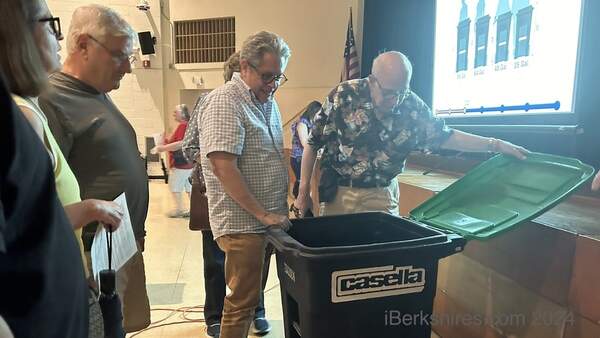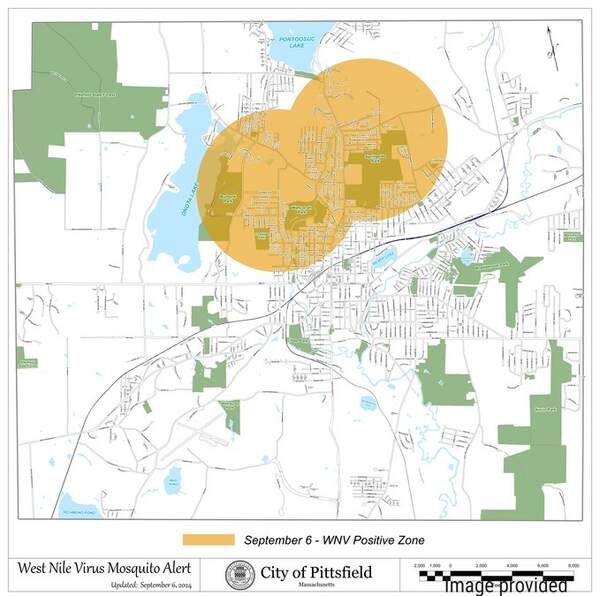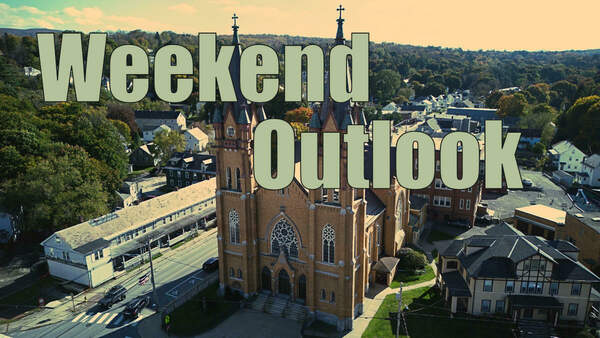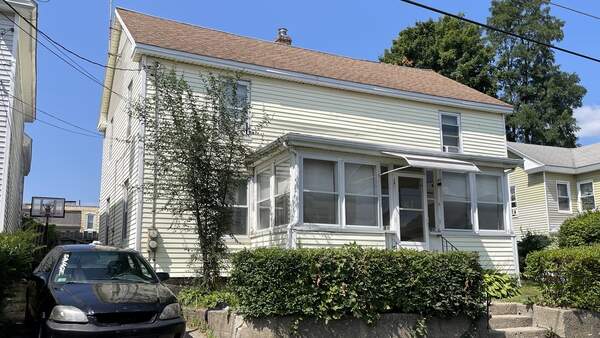
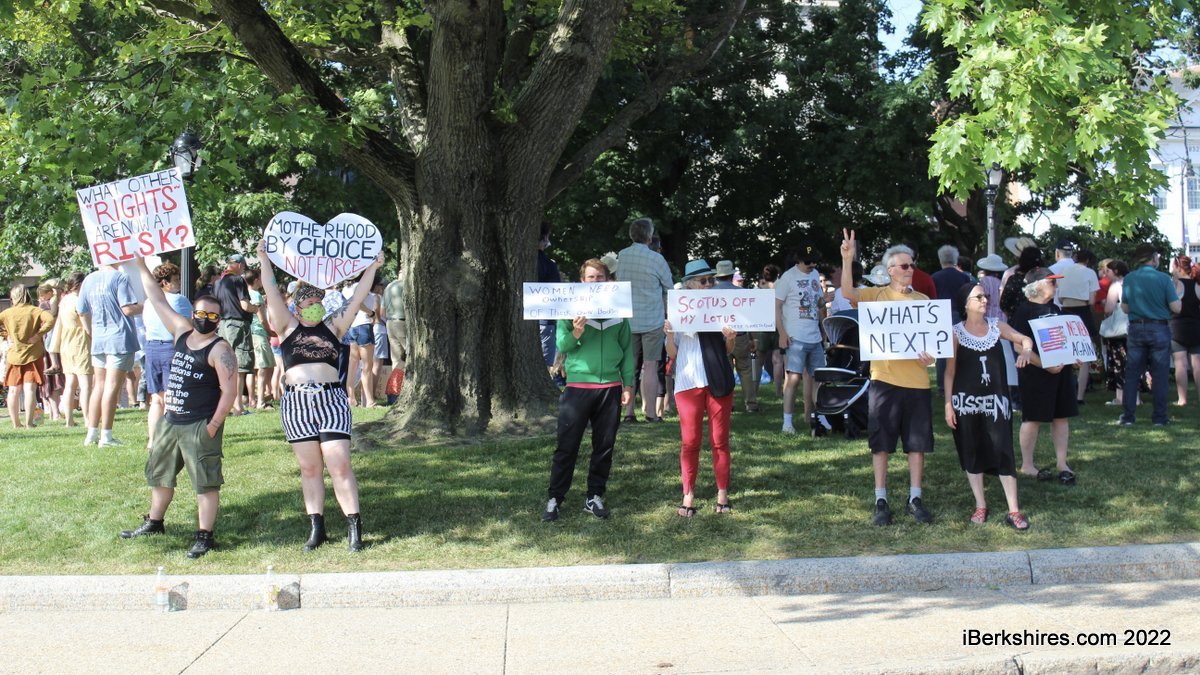


Pittsfield Rallies for Reproductive Rights

PITTSFIELD, Mass. — Nearly 200 people gathered at Park Square on Sunday in solidary with reproductive rights and to mourn the Supreme Court's overturning the landmark Roe v. Wade decision.
"My wish is that we can take this energy that's here today and all the people that didn't work out to be here today, to really take this energy and to funnel it so that we can take real action," state Rep. Tricia Farley-Bouvier said.
"And the change is not something that's going to happen in a couple of months or even a couple of years but we have to be as strong as the opposition because we know we're that we're the majority, it's just that so far, we're not the majority that votes. So we've got to get to work, we need to do it strategically and persistently."
In a 5-4 decision, the U.S. Supreme Court on Friday voted to reverse the 1973 decision that legalized abortion across the nation. This ruling means that there is no longer a federal constitutional right to an abortion and it undermines other right to privacy decisions including contraception, marriage and medical issues.
"It's pretty shattering," Elizabeth Freeman Center Executive Director Janis Broderick said. "It brings us back more than 50 years."
Massachusetts is one of 35 states, including the District of Columbia, where it is still legal to have the procedure after the ruling. Abortions are potentially illegal or soon to be illegal in at least 11 states and illegal in five, according to Politico.com.
On Friday, Republican Gov. Charlier Baker signed an executive order protecting access to reproductive health care services in the commonwealth. The order gives health-care professionals protection from legal liability from professional sanctions issued under the laws of other states.
"I am deeply disappointed in today's decision by the Supreme Court which will have major consequences for women across the country who live in states with limited access to reproductive health care services," Baker said. "The commonwealth has long been a leader in protecting a woman's right to choose and access to reproductive health services, while other states have criminalized or otherwise restricted access."
"The right to choose I think is critical to safety and healing," Broderick said. "Clearly in rape and sexual assault cases, you can understand that, but also in domestic violence cases, sexual perversion is frequently used as a tool of control, and making someone pregnant to have a child maintains that control. So this is devastating. It traps you."
She added that this decision talks about the rights of the unborn but there is nothing done to support babies after they are born.
Berkshire NAACP President Dennis Powell is concerned that more rights are going slowly to be taken away.
"We are in crisis mode, this entire country, and it takes all of us to wake up and realize," he said. "And there's a criminality focus that is going to be attached to this decision and we know who's going to be targeted: brown and black women and teenagers are going to be targeted but this affects all of us. It affects women and men. They're part of our family, they're part of our community so we all have to use our voice."
He said the nation needs action to force those making these decisions out of power and demand change. The first step in doing this is voting.
Both Powell and Farley-Bouvier also spoke about the Supreme Court's other decision that makes it easier to carry a firearm in public.
Powell fears that these two rulings may create vigilantes who go after anyone assisting in abortions.
Farley-Bouvier reported that the House of Representatives is getting a legislative package together to strengthen laws in Massachusetts. She explained that Baker's executive decision to protect abortion providers needs to be codified so it cannot be reversed.
"When it comes to the gun laws, of course, there's work that can be done," she said. "We can't undo what the court did, but we can do what we can to protect us here in Massachusetts and we're going to do it."
Harrington was also at the event and pledged solidarity.
"I want the women and girls of Berkshire County to know that I share your anger and pain today and raise my voice with you to advocate for expanded access to safe abortions and fight against these attacks on women's constitutional rights," she said.

